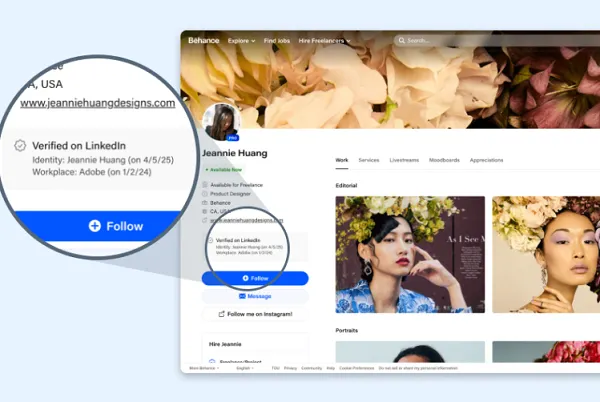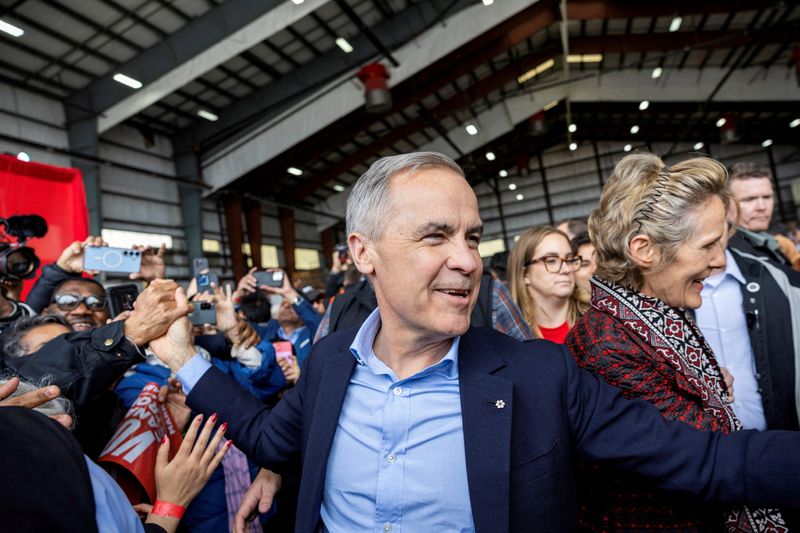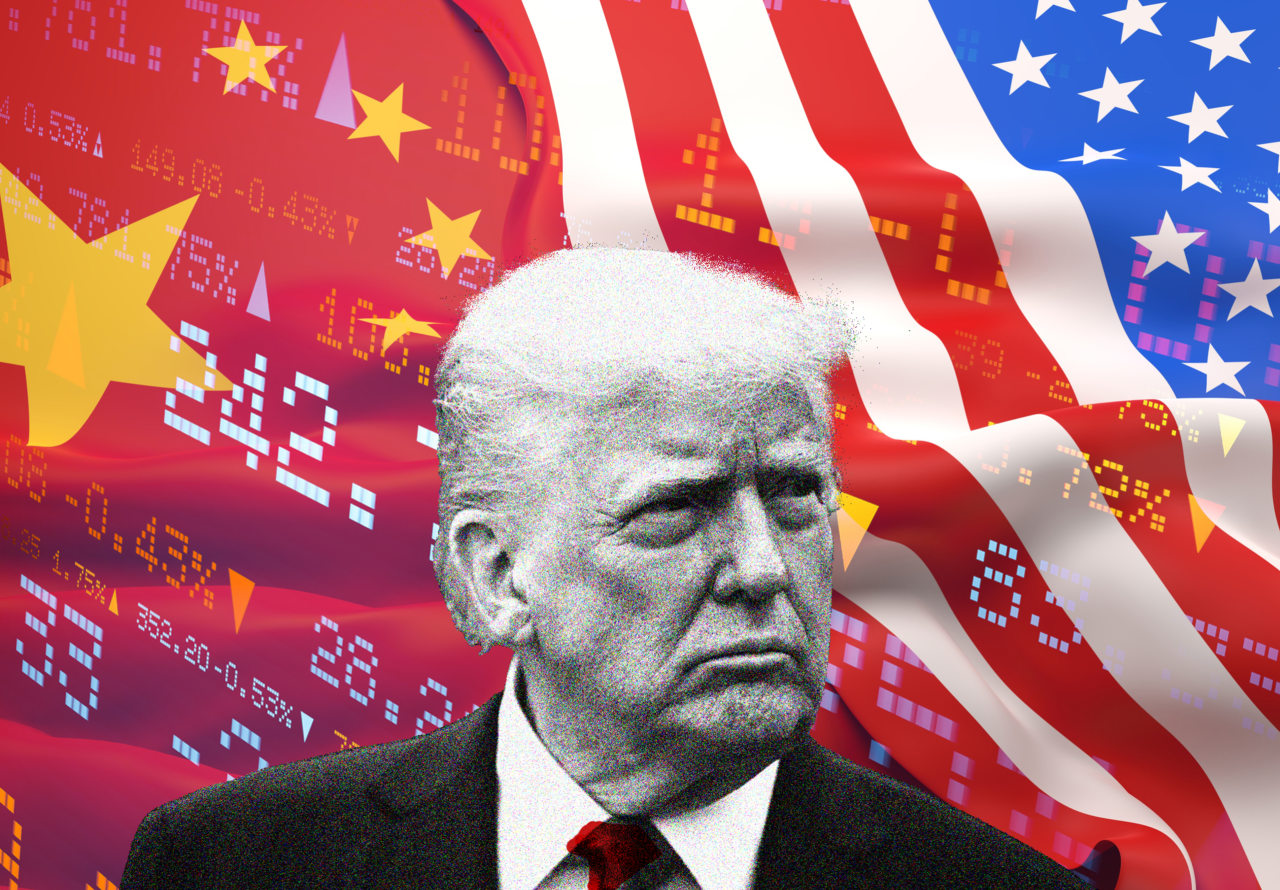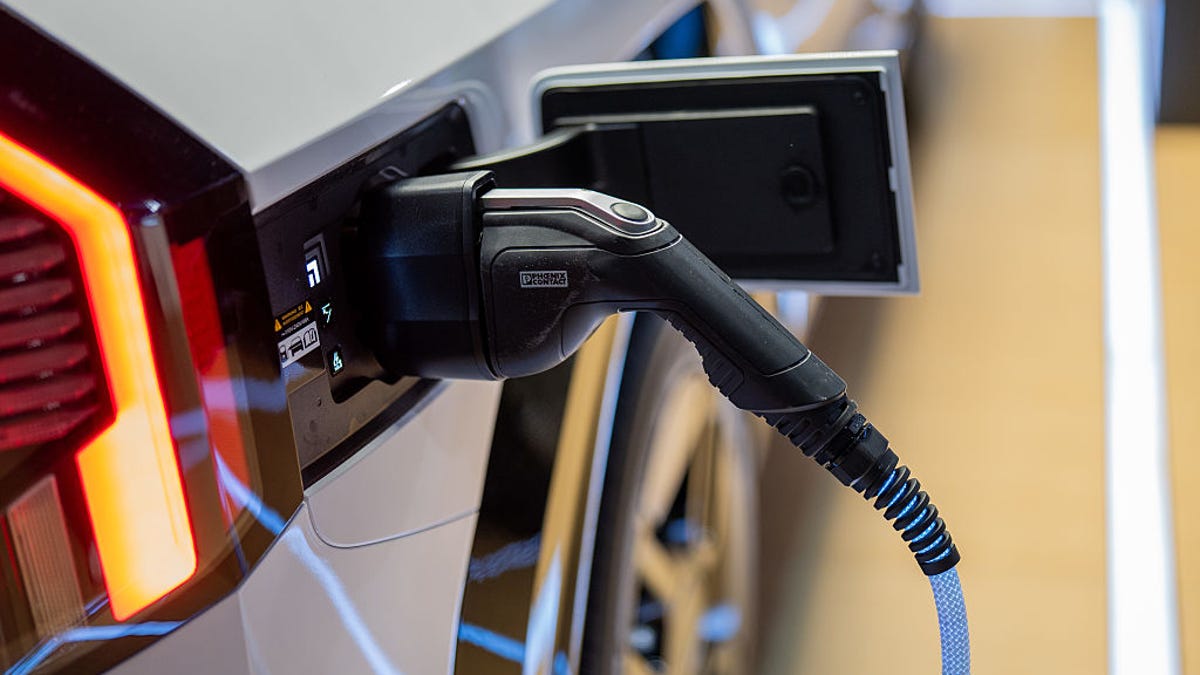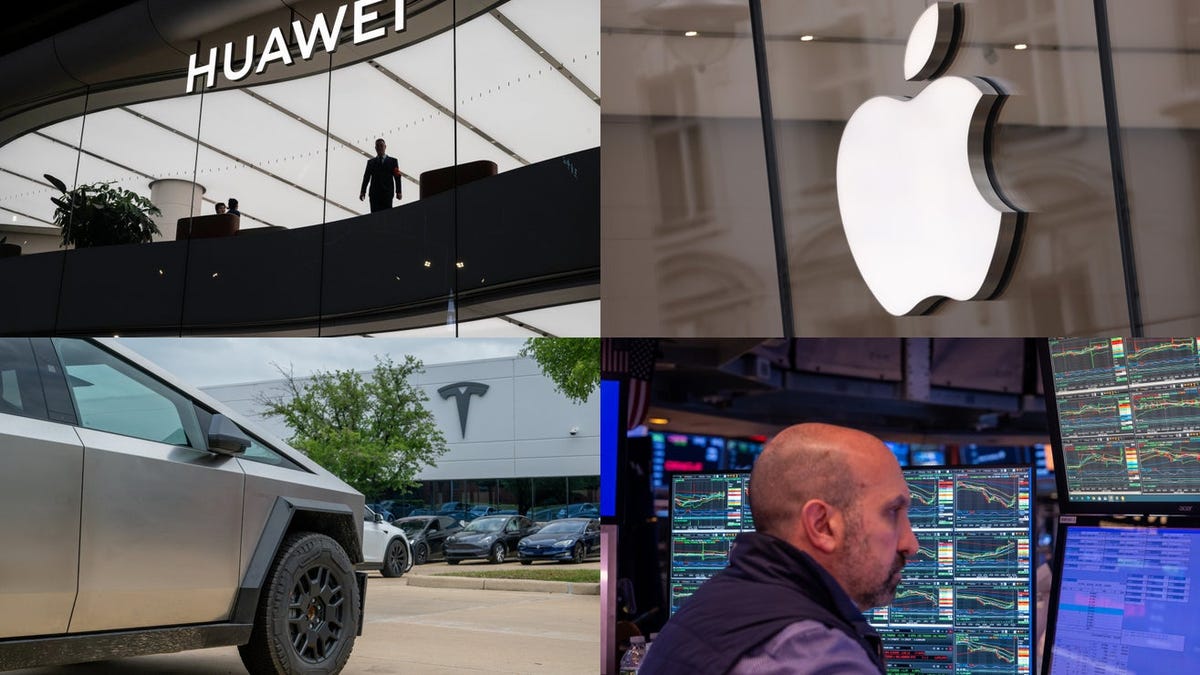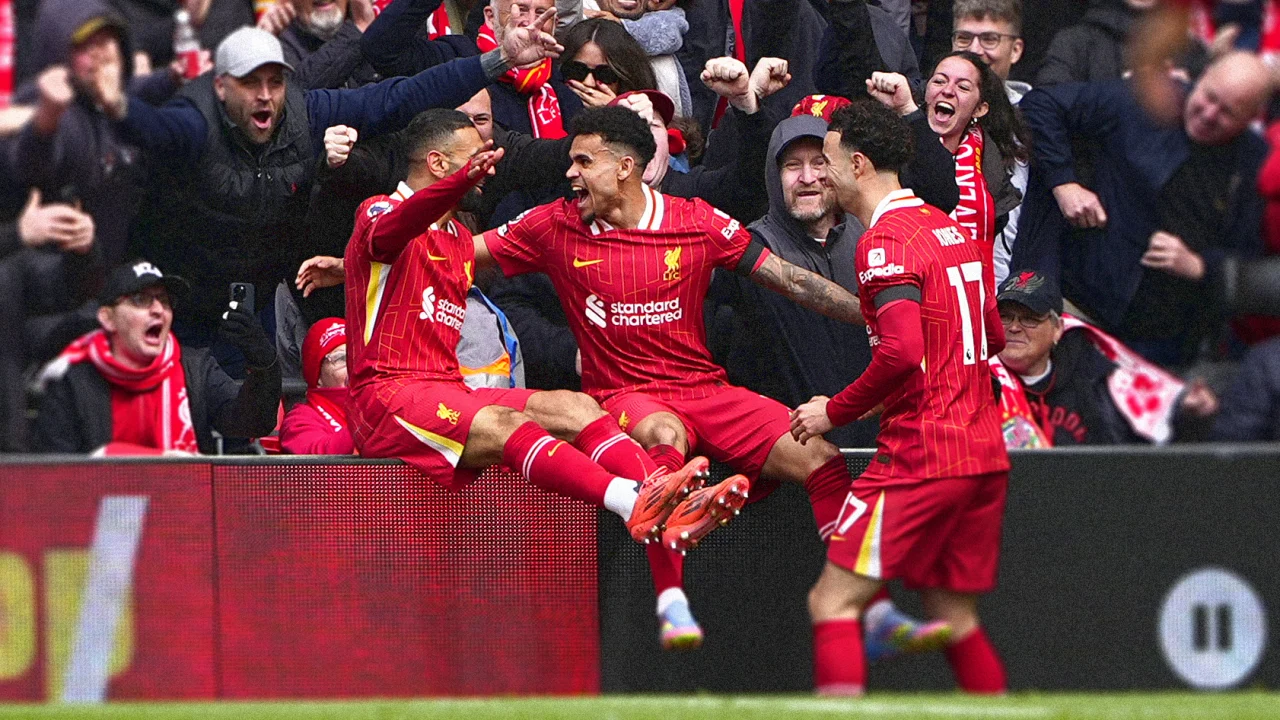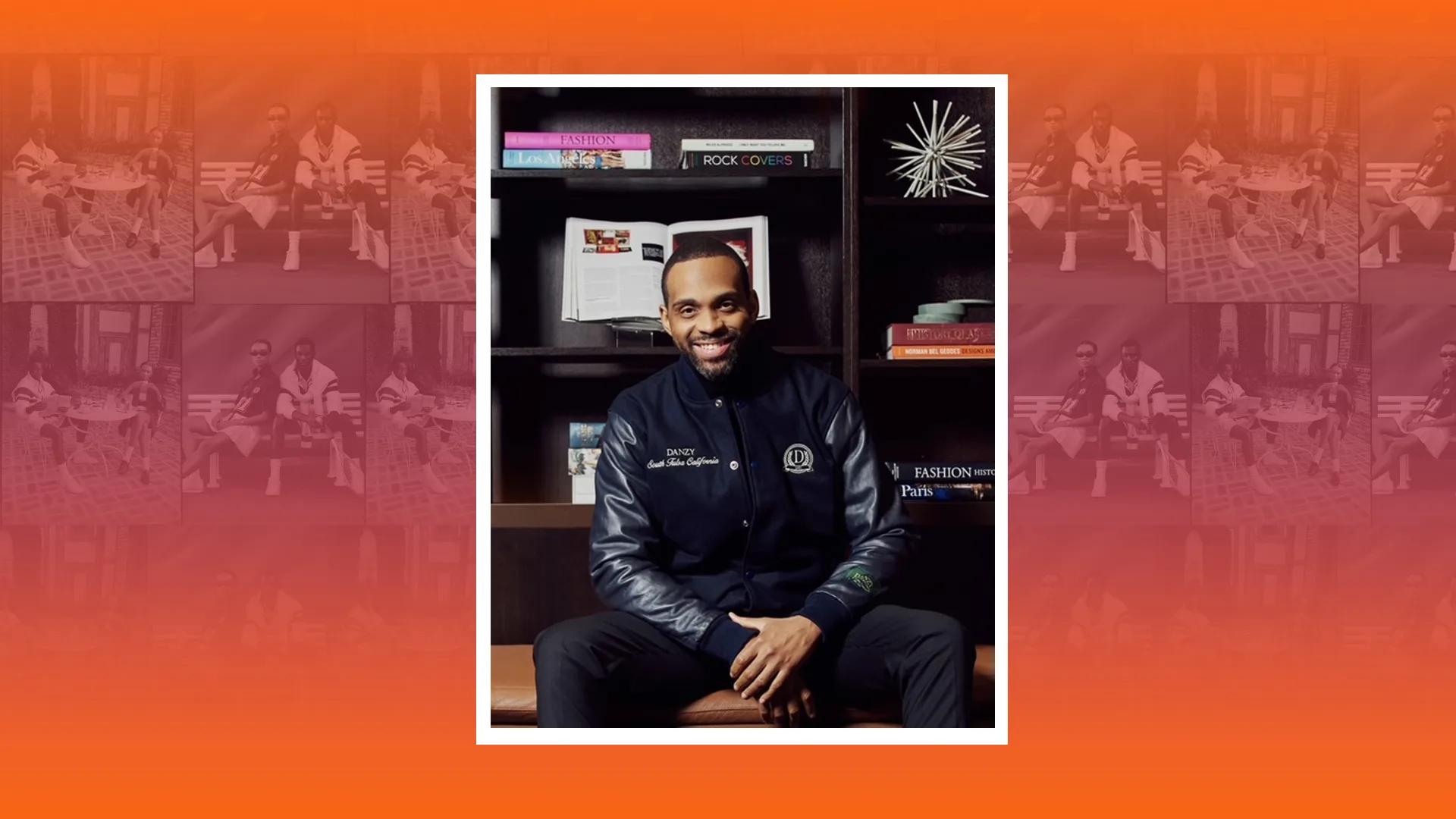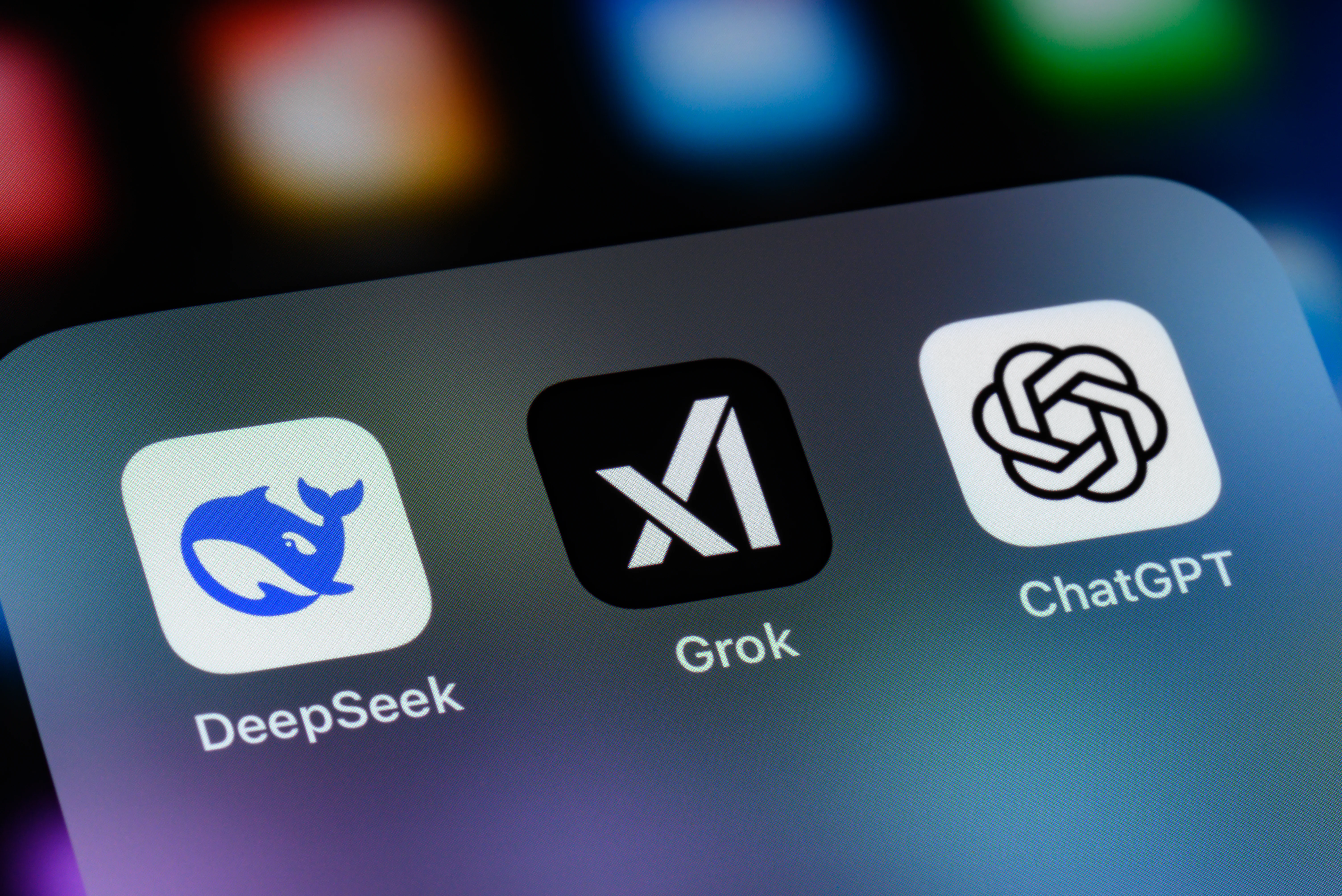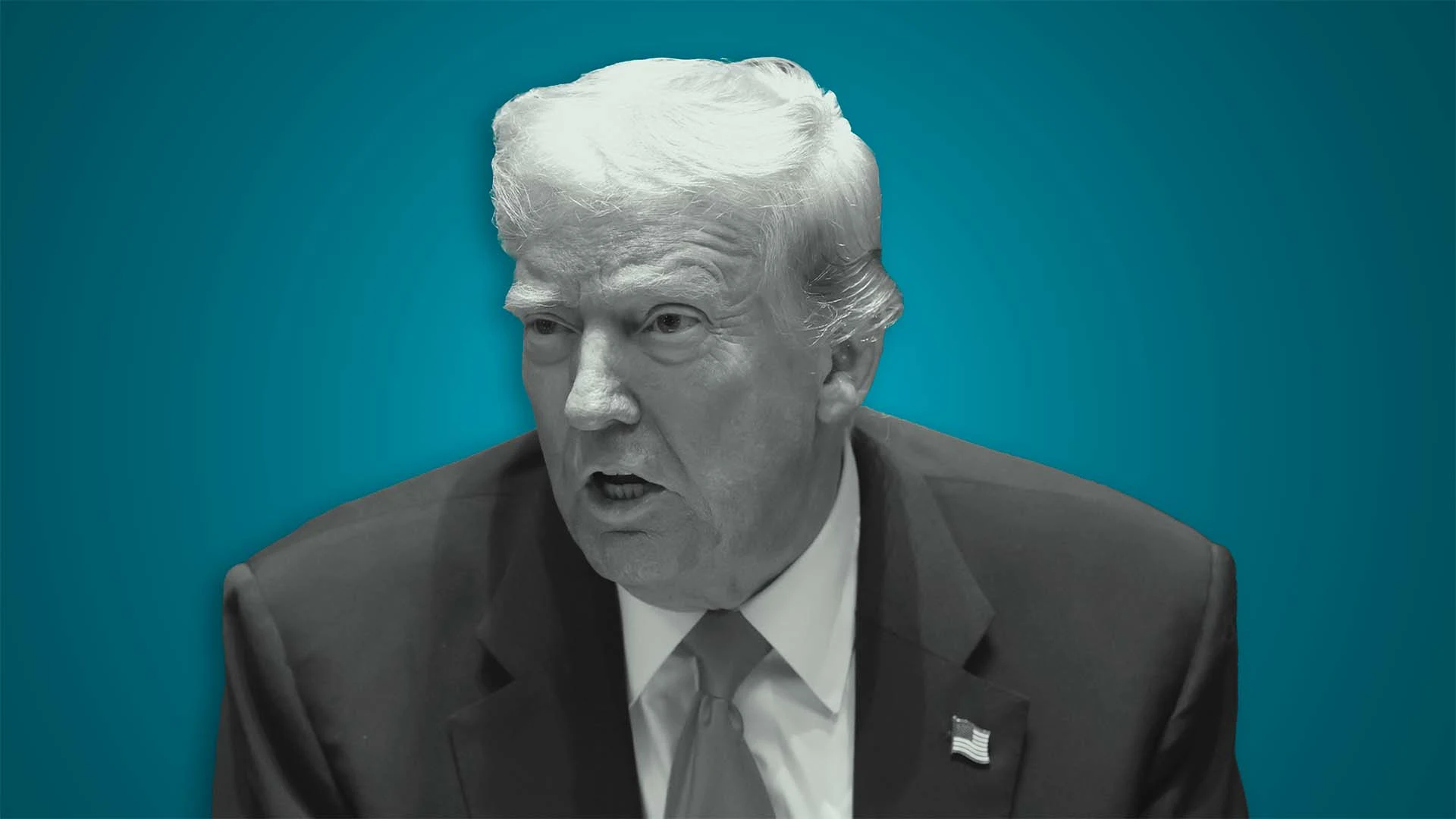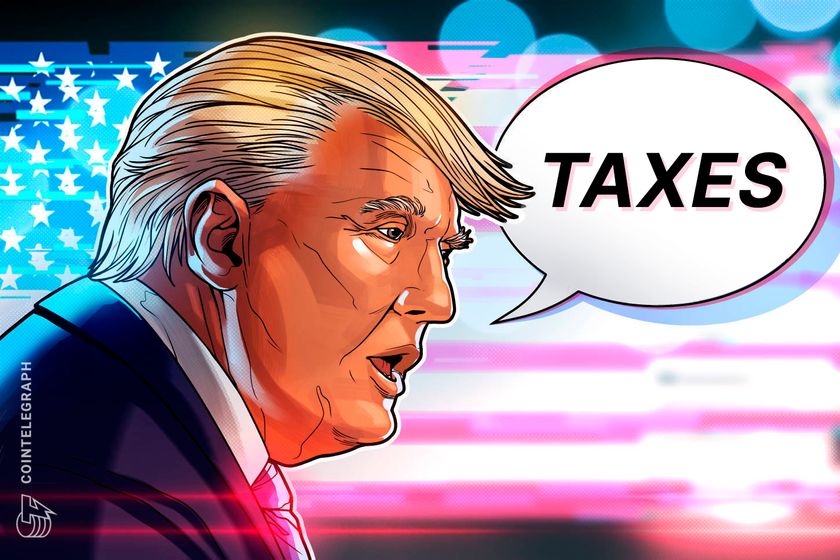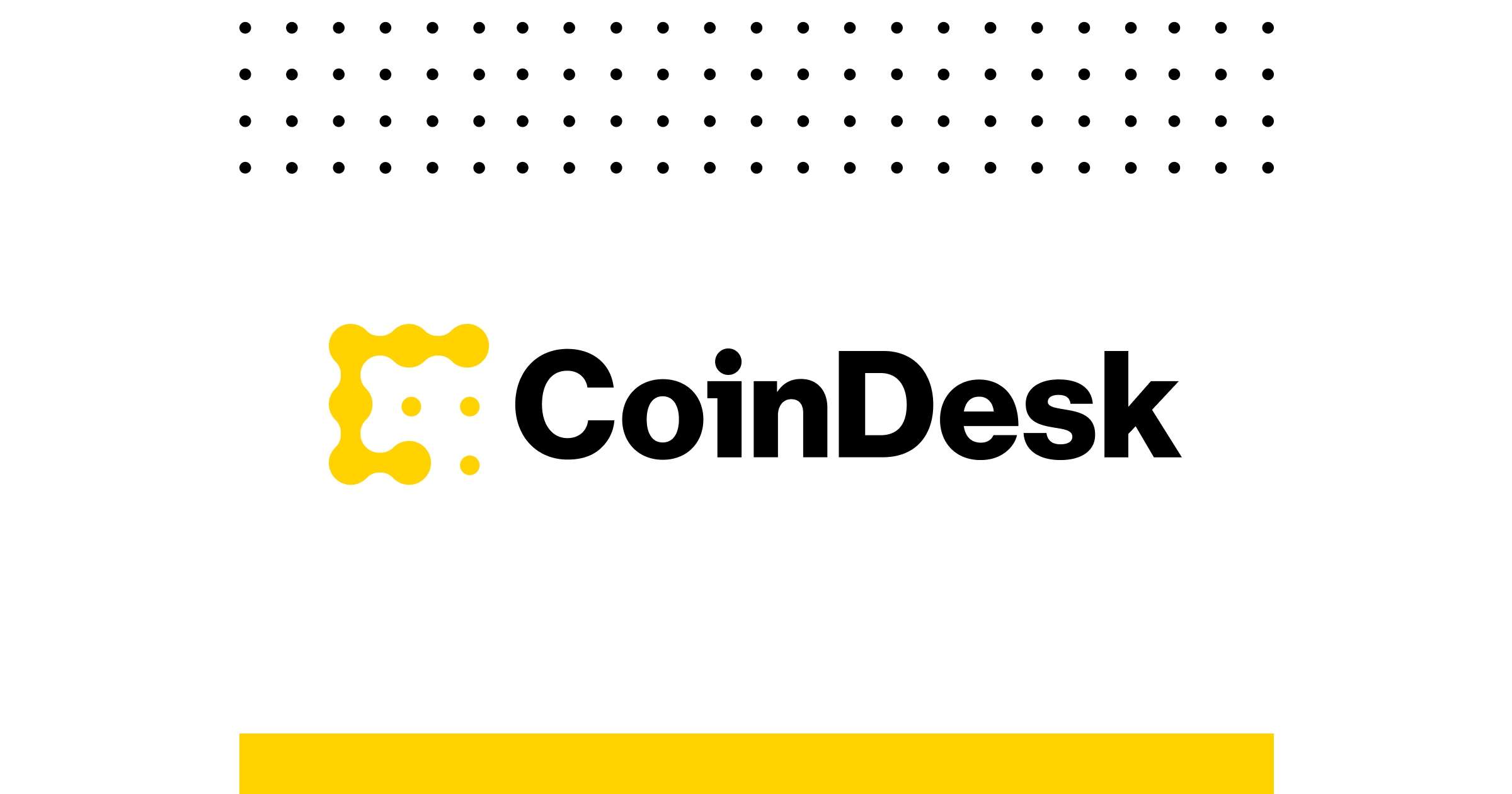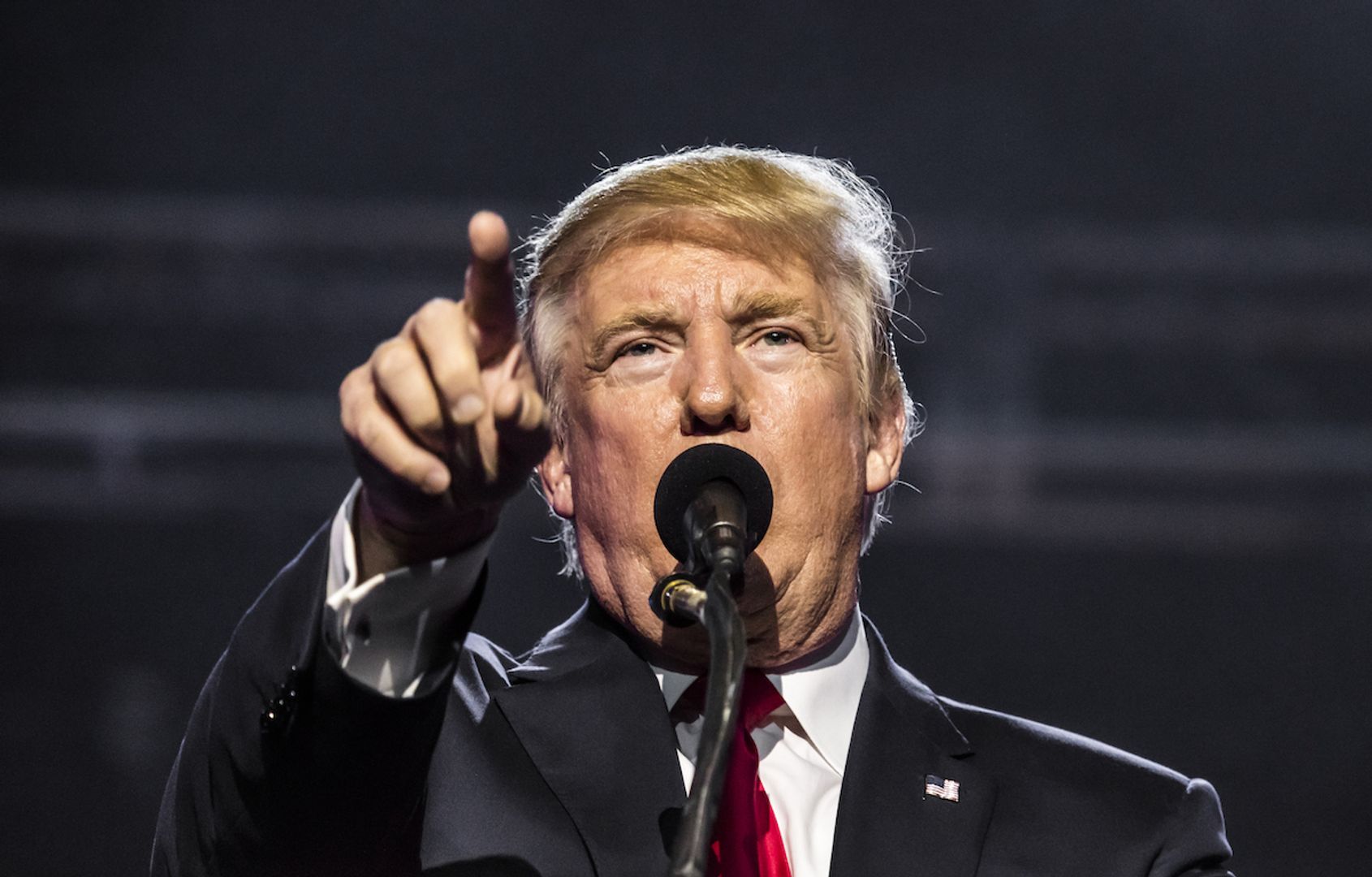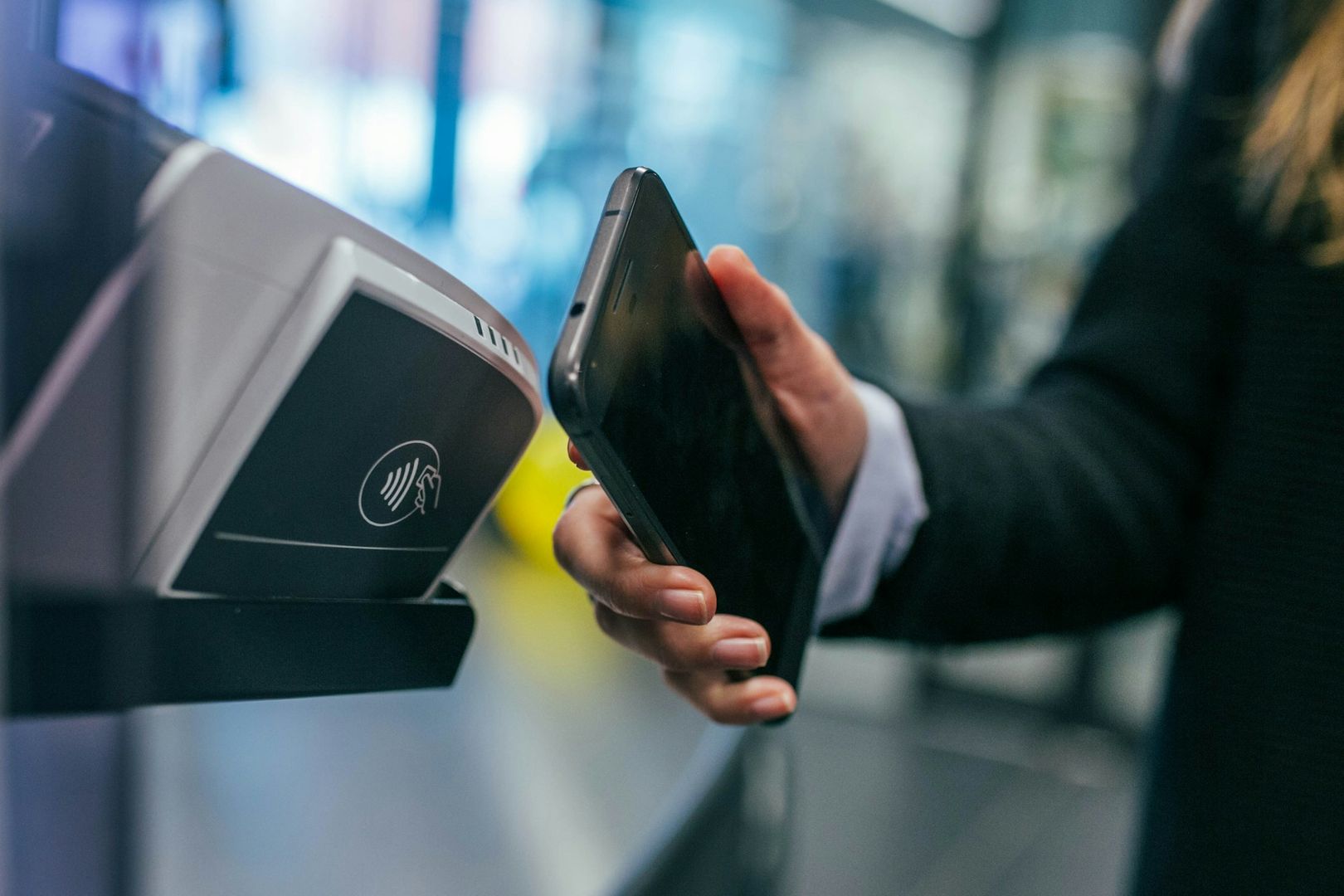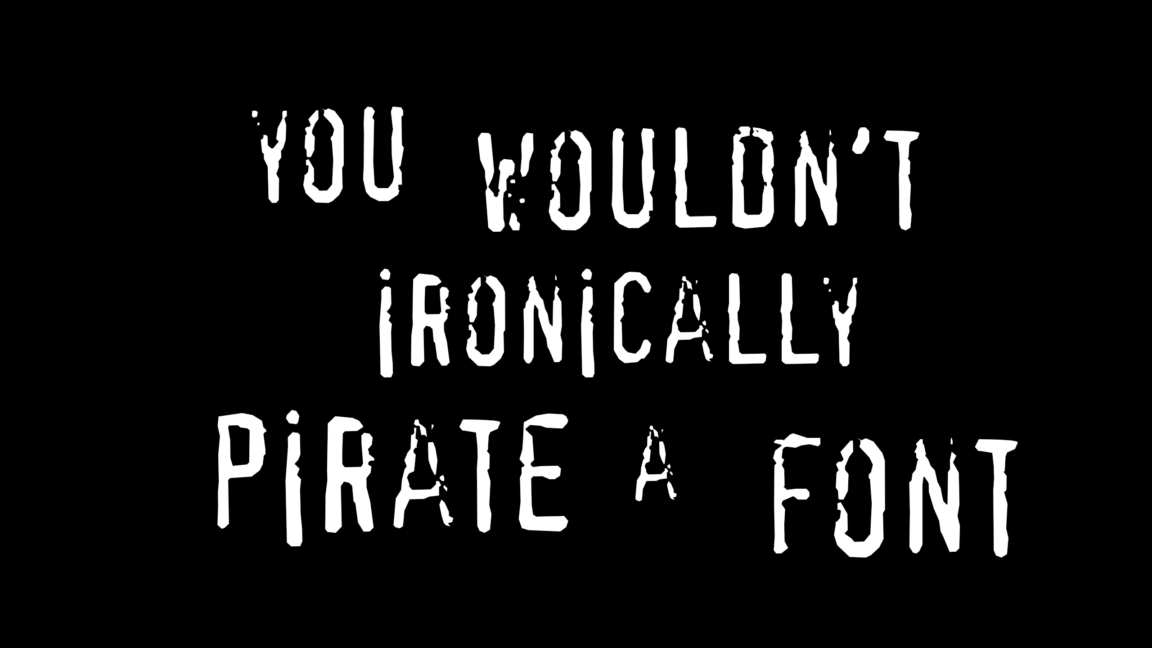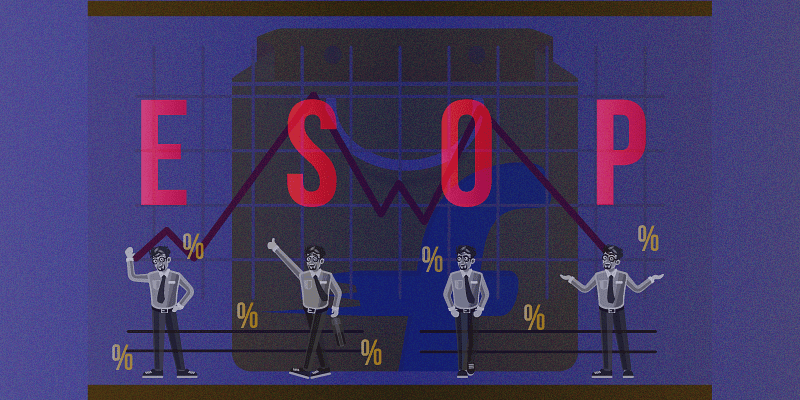From India to the US: Sheel Mohnot on building a $225M VC fund and the future of fintech
In this episode of Prime Venture Partners Podcast, Sheel Mohnot, Co-founder of Better Tomorrow Ventures, joins Sanjay Swamy for a freewheeling conversation on the future of fintech. He offers insights into the next wave of financial services, AI’s impact on SaaS, and how VC is evolving in 2025.


Sheel Mohnot is more than just a venture capitalist. A serial entrepreneur, he is also an early-stage whisperer, and fintech futurist—someone who doesn’t just ride waves, but helps build them.
Born and raised in Pittsburgh, Mohnot grew up straddling two worlds—visiting India frequently while navigating the early internet and startup boom in the US.
A career shaped by iteration
Mohnot’s journey to venture capital is rooted in hands-on operating experience. From software at Cerner and microfinance in Ahmedabad, to co-founding multiple startups, including FeeFighters (acquired by Groupon), Mohnot built credibility the hard way.
“I was working in microfinance in 2006–07, living like my borrowers on ₹2,000/month. It was an experience I couldn’t do today—but it shaped how I look at markets and people.”
After two exits, Mohnot found joy in angel investing, and later joined 500 Startups where he launched and ran its fintech accelerator. That set the foundation for Better Tomorrow Ventures (BTV).
“We launched BTV in 2019. Fund I was $75M, Fund II is $150M—and Fund III is coming. Our focus is pre-seed and seed, always around fintech or fintech-adjacent.”
This operator-first DNA is core to how BTV engages with founders.
Every SaaS is a fintech company (Eventually)
Mohnot believes the fintech opportunity isn’t limited to neobanks or lending platforms. Instead, he sees it in vertical SaaS companies that evolve into embedded fintech plays.
“Take Toast—it started as point-of-sale software, charging restaurants $100/month. Today, 83% of their revenue comes from financial services.”
This shift—from software as a service to services monetised through software—is a macrotrend Mohnot bets on.
“Every future vertical SaaS company will end up monetizing through payments, lending, payroll, banking — all fintech layers.”
Sanjay added with a laugh:
“At Prime, we joke that if a portfolio company isn’t working, I just take over and turn it into a fintech.”
The playbook is—own a niche, embed into workflows, and monetise like a fintech.
AI changes the math for startups and Investors
While the AI hype cycle rolls on, Mohnot is focused on its practical application in company-building.
“We looked at tools to manage data from our portfolio—vendors quoted $25K a year. I said, ‘Can we build it ourselves?’ And now, with AI tools, we’re actually doing it.”
He sees this happening across the board, especially where AI replaces hard-to-hire talent.
“We invested in Basis—it’s AI for accounting. There’s a 50% drop in new grads entering accounting in the US. These tools are solving real, burning problems.”
“Another example is Kodge—automating SMB loan underwriting so lenders can serve $20K loans that weren’t viable before.”
For founders, the message is clear: don’t build AI for AI’s sake. Build to replace expensive, broken workflows.
India vs. US: Regulation, revenue, and rethinking lending
The India-US comparison revealed how regulation shapes what’s fundable.
“In India, it seems like lending or AUM models are the only way to make money. But for us, lending is the worst kind of revenue — you’re giving out money to grow. That’s not aligned with the venture model.”
Mohnot finds India fascinating but structurally challenging for his thesis.
Sanjay, however, pointed to the emergence of co-lending infrastructure as a game-changer.
“With platforms like Knight Fintech, banks and NBFCs now collaborate instead of compete. That’s allowed NBFCs to scale without endless dilution.”
“These infra-layer plays — streamlining capital flow, repayments, underwriting — are what make India exciting now.”
BTV’s hands-on approach
Unlike Y Combinator’s scaled model, BTV is betting on intimacy and hands-on support.
“We don’t want 200 startups per batch. We take 6–8. We’re in the same space daily. Tap me on the shoulder, let’s whiteboard.”
Mohnot’s background at 500 Startups gave him confidence to reintroduce accelerators under a new lens—quality over scale.
“YC can say they’re hands-off. But we’re deeply involved. That’s why we don’t invest in competing companies even at the accelerator stage—it gets personal.”
The next BTV cohort is in New York—now home to more fintech seed deals than San Francisco.
The Founder Checklist: Belief, speed, tenacity
What makes Sheel say “yes”? It's not pitch decks or projections—it's energy, clarity, and conviction.
“Founders who believe in what they’re building—and show that belief through execution—that’s what we back.”
He’s quick to spot red flags too:
“Bullshit metrics are the worst. Don’t give me a proxy for a proxy for a proxy for revenue. Just tell me the damn thing.”
Sanjay added a characteristically human take:
“The mouth can lie—the eyes can’t. If I don’t see belief in your eyes, it’s over.”
Final Word: Fintech is back, but founders must be sharper
Sheel’s closing advice was optimistic but grounded. “Fintech is hot again. In just the first 6 weeks of 2025, 10 of our portfolio companies raised up rounds. The tide has turned.”
But he warns against unsustainable growth:
“In 2021 it was growth-only. Then it became profit-only. Now we need both — growth with real economics and sticky revenue.”
His advice to founders:
● Solve real, urgent problems
● Nail distribution early
● Don’t overlook regulation
● And above all, build what you deeply believe in
Timestamps:
- 00:00 – Introduction
- 01:30 – Sheel’s journey from Pittsburgh to VC
- 08:15 – U.S. vs India: Fintech regulation
- 15:30 – Is SaaS dead? The AI disruption
- 20:15 – India Stack vs U.S. payments
- 27:30 – Can Indian fintech go global?
- 30:00 – IPO readiness: India vs US
- 34:00 – Will BTV invest in India?
- 45:00 – Red flags & founder filters
- 50:00 – What gets a “yes” from Sheel
- 54:00 – Fintech outlook for 2025
- 57:10 – Clubhouse, Bieber & Taco Bell wedding



![How AI Use Is Evolving Over Time [Infographic]](https://imgproxy.divecdn.com/YImJiiJ6E8mfDrbZ78ZFcZc03278v7-glxmQt_hx4hI/g:ce/rs:fit:770:435/Z3M6Ly9kaXZlc2l0ZS1zdG9yYWdlL2RpdmVpbWFnZS9ob3dfcGVvcGxlX3VzZV9BSV8xLnBuZw==.webp)
